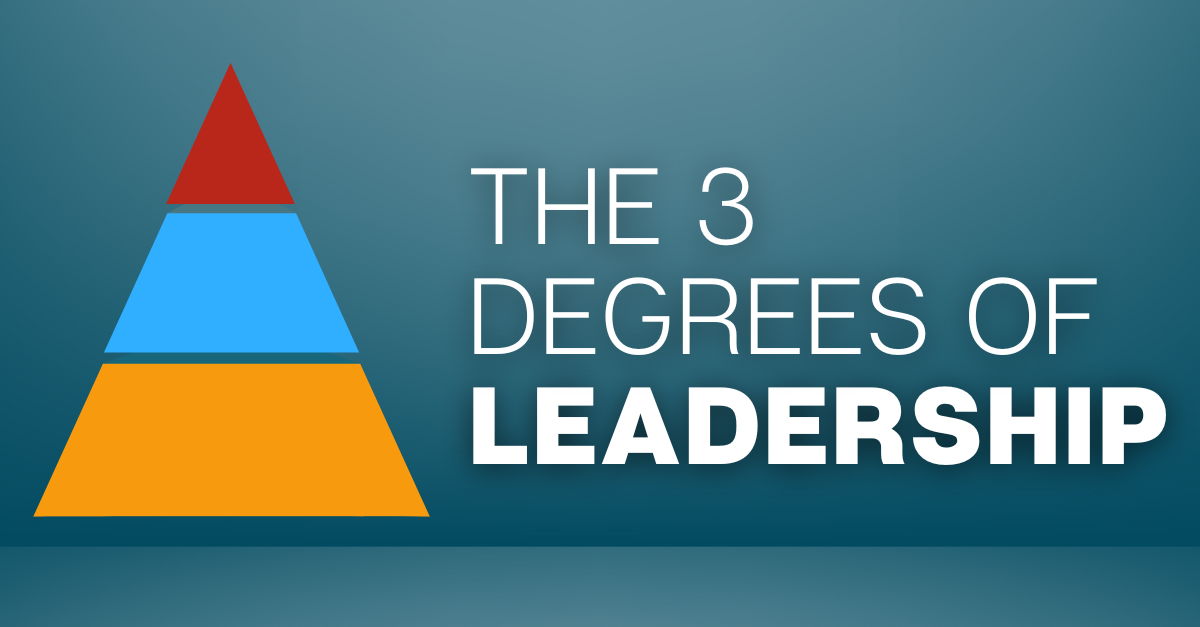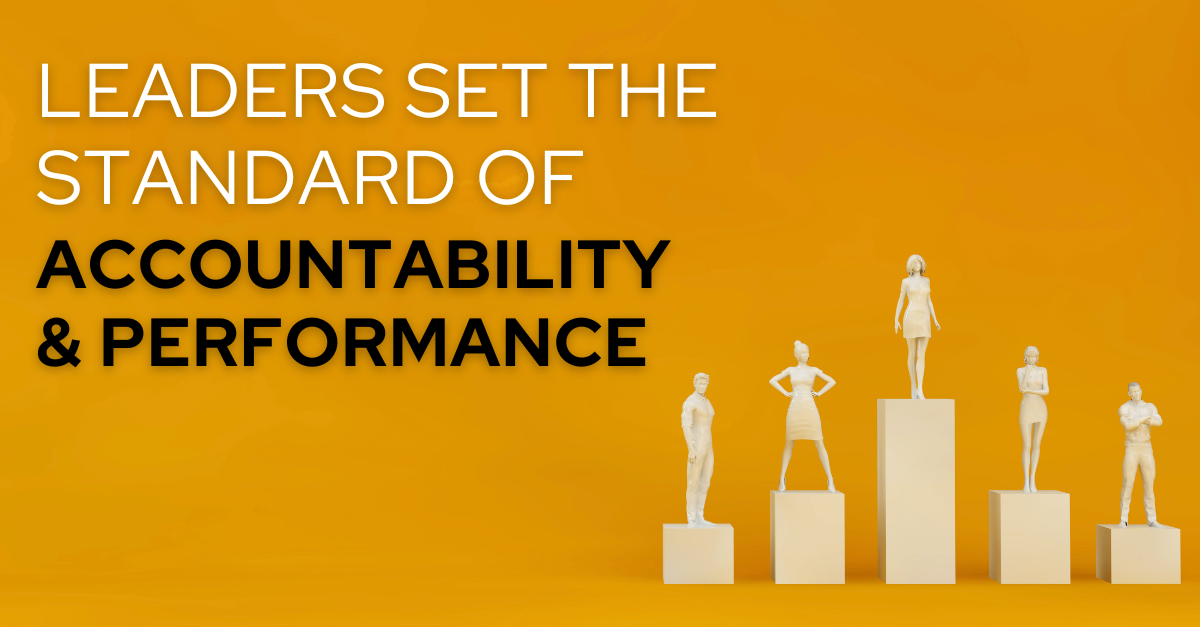Most business leaders believe that the key to rapid organic growth lies in the next big product, the newest feature, a unique service offering, or cost savings from the latest process improvement that will lure new customers. In their pursuit of growth, business leaders frequently forget that it’s five times more expensive to attract new customers as it is to turn existing customers into repeat customers. Why? Repeat customers tend to buy more over time. As they do, the company’s operating costs to serve them decline.
So how do companies transform a first-time customer into a loyal fan? The answer lies in how customers make purchase decisions.
Emotion Motivates Action
Classic consumer behaviour theory assumes that people make purchase decisions based on reason and logic. If you think this describes yourself, think again. Recent studies of consumer behaviour reveal that human beings are largely emotional creatures (surprise!) who make most of their purchase decisions to satisfy emotional desires, not merely to meet their rational needs. When choosing between one product or another, our brain subconsciously searches for emotions from related past experiences to create our preferences. Our rational brain then kicks in to find evidence to back up these preferences. So even though we may feel like we’re making purely rational decisions, our brain is effectively covering it’s tracks that lead back to an emotional origin.
When a company attempts to attract customers solely based on product features, specifications and price, they encourage one-off transactions. Each time the customer needs to purchase another product that the company can provide, the customer will go through the same comparative analysis of features, specifications and price to reach their decision. But when a company makes an emotional connection with their customers, they attract a following. And that following is far more lucrative and easy to maintain than the constant battle for new customers.
Making The Emotional Connection With Customers
If we know that consumers make their purchase decisions primarily based on the emotion experience they have with the company, the question companies must ask is “How do we make an emotional connection with our customers and potential customers?”
Marketing execs are well aware that emotions are the primary driver of purchasing decisions, and they design ads accordingly. Marketing that speaks to consumer’s emotions may be a good starting point, but it’s not enough to create loyal customers. Customer loyalty is an emotional response which occurs when we, as customers, receive outstanding service from an employee whom we believe is personally invested in helping us. Our emotional response is then imprinted in our memory, waiting to be recalled the next time we need to make a similar purchase decision. Regardless of what our head might tell us about the product’s specs, price, and features, our emotions convince us to make the decision that will repeat the emotional experience we had last time.
Every time I walk into a Nordstrom department store I feel like a million bucks because I consistently receive the royal treatment. Salespeople are friendly and engaging, but not pushy. While trying on some shoes there once, I happened to mentioned to the salesperson that I would be traveling to Italy soon. About a week later, right before I left for Italy, I received the following text “Hi Michael, it’s Jasmine from Nordstrom. I just wanted to follow up with your shoes that you purchased. Hope you’re enjoying them! I also wanted to wish you and your wife a safe trip to Italy! Hopefully we will see you when you get back.” I felt as though I was receiving a text from a friend. And believe me, I look for Jasmine every time I go back.
Engaged Employees Engage Customers
Once potential customers make contact with a company’s representatives, all bets are off no matter how good the ad was that enticed them. For better or for worse, the emotional connection between a company and its potential customers is all in the hands of the company’s employees. Human beings are not only emotional creatures, we’re social ones too. Customers will trust a person before they will ever trust a company. We need social proof that a company and it’s products are what they claim to be. Who better to get that proof from than the people closest to the company – it’s employees. When we, as customers, speak to a company’s representative, we are subconsciously searching for evidence that the employee truly believes in their company’s purpose and it’s products. Before customers can ever become loyal fans of a company, its employees must be loyal fans first.
[bctt tweet=”Before customers can ever become loyal fans of a company, its employees must be loyal fans first.” via=”no”]
Management may recognize that this connection is essential, but they often mistakenly assume that they can buy their employee’s goodwill instead of earning it. This is evident in the many incentive-based pay schemes that are commonly used to motivate the right behaviours in customer-facing employees and their managers. This conventional wisdom seems logical, but then we don’t live in a logical world, we live in an emotional one. Engagement can’t be bought – it can only be earned.
[bctt tweet=”Engagement can’t be bought – it can only be earned.” via=”no”]
Leaders Engage Employees
Just about everybody is familiar with the old adage “People don’t leave companies, they leave managers.” Whether employees leave physically, or worse, stay on but leave emotionally, there is no doubt that managers have the greatest impact on the productivity of their staff. Gallup studies have shown that managers account for an astonishing 70% of employee’s engagement. This means that if an employee is putting in a lack-luster effort, the first place managers should look for an answer is in the mirror. This also applies to low sales figures and customer service problems. Employees won’t care for customers unless they feel that their manager first cares for them.
[bctt tweet=”Employees won’t care for customers unless they feel that their manager first cares for them.” via=”no”]
Leaders will earn their employee’s engagement by doing the following:
- Train them. WestJet is well-known for providing great customer service. One of the ways they help employees provide exceptional customer care is by providing them with more training than any of their competitors. Mark Porter, WestJet’s Executive Vice President of People & Culture, told me that their approach is “We’re going to train you to make the right decisions, and then trust you.”
- Give them purpose. Richard Scott, President of All Weather Windows, recently told me “We don’t see ourselves as simply a window manufacture. We believe that we are helping to bring the sunshine into people’s lives, and we focus on the health benefits of that. We see ourselves as a health and wellness company that happens to make windows and doors.”
- Align their work to their Strengths. Nobody wants to feel like a failure, but managers often set people up for failure by having them do things that they are not naturally good at. The GM of a hotel once told me: “If I left the concierges to their own devices, they’d talk to people all day and never do their paperwork.” Here’s a crazy idea. How about hiring an introvert who loves filling out reports for about half the pay of a concierge. Then have that person do the low-ROI work of completing reports to free up more time for the concierges to do what few people have the talent to do – engage customers!
- Recognize good performance. I once sat in a succession planning meeting with managers who spent about 30 min itemizing all the awesome things a particular high-performing employee does. They then talked about how they might retain this employee. I asked “Has anyone ever told that employee what you just told me?” [Silence] Managers routinely fail to do the simplest thing that has the highest impact on employee retention: tell employees all the things they do right and let them know they are appreciated!
Business leaders who want to get serious about customer loyalty must first get serious about employee engagement.
[bctt tweet=”Business leaders who want to get serious about customer loyalty must first get serious about employee engagement.” via=”no”]
______________________________________________________________________________________






2 Responses
Excellent comments.
Thanks John! Glad you enjoyed it.